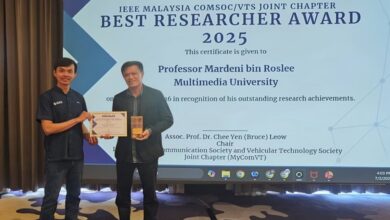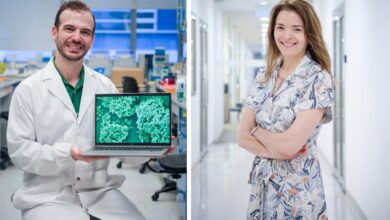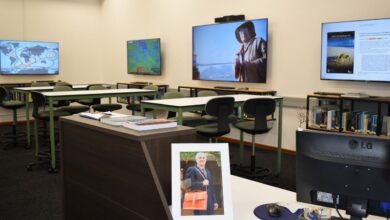NUS scientists discover a novel way of activating muscle cells’ natural defences against cancer using magnetic pulses
This drug-free, non-invasive approach could open the doors for new developments in cancer therapy and cancer biomarker discovery

A team of researchers led by Associate Professor Alfredo Franco-Obregón from the NUS Institute for Health Innovation & Technology (iHealthtech) has unveiled a novel approach to stimulate muscle, by way of using brief and mild pulsed electromagnetic field exposure, to produce and release proteins possessing anticancer properties. These soluble chemical molecules can then be carried in the blood stream to all regions of the body for system-wide protection against cancer.
Exercise is known to have protective effects against cancer, including reducing the risk of developing breast, prostate, and colon cancers, as well as improving the survival rate of patients with cancer. However, given the debilitating effects of cancer progression and treatment-related side effects, patients with cancer may not be able to exercise and benefit from muscle’s anticancer effects.
“The BICEPS lab’s method of stimulating muscle cells uses a form of magnetic therapy that exhibits key commonalities with exercise. This latest study demonstrated that our non-invasive method of muscle stimulation mobilises a similar anticancer defence as exercise, bringing us a step closer towards the development of drug-free therapeutics and the discovery of cancer-related biomarkers to help patients with cancer benefit from exercise-stimulated anticancer agents while not being able to exercise,” said Assoc Prof Franco-Obregón.
The NUS team published the details of this new drug-free and non-invasive approach in Cells on 5 March 2024.




